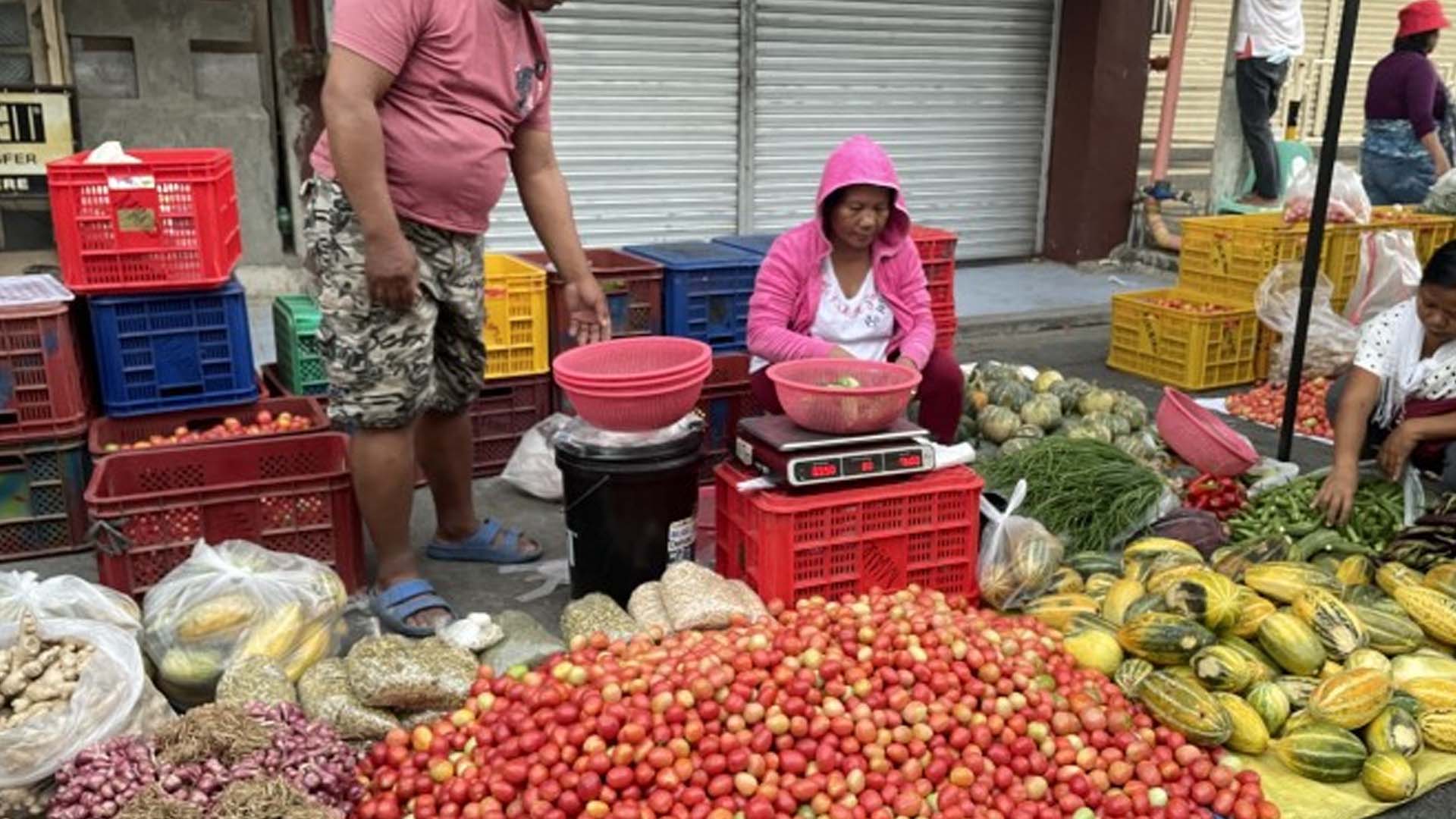Several farmers’ organizations in Ilocos Norte have partnered with the research and extension directorates of the Mariano Marcos State University and the provincial government to produce off-season tomato varieties this wet season.
Each of the 18 farmers’ groups from this city and the municipalities of Currimao, Marcos, Sarrat, Bacarra, Burgos, Pasuquin and Vintar have alloted at least 500 square meters as demonstration farms to ensure stable tomato supply during the lean months and for farmers to gain more profit.
In an interview on Monday, Engr. Chonito Baldovi, high value crops development program coordinator of the Provincial Agriculture Office, said they will be providing various agricultural inputs to assist the farmer-cooperators.
“These include 26 bottles of fungicide, 26 bottles of insecticide, 13 bags of complete, 13 bags of urea, 13 bags of muriate of potash, 13 bags of 21-0-0, and 26 pieces of plastic mulch,” he said.
To date, MMSU’s Hybrid 1 (NSIC Tm10) and Hybrid 3 (NSIC Tm11) are the main tomato varieties being adopted by the farmers here.
NSIC Tm10 is a variety that matures at 62 days with an average vine length of 137 centimeters at maturity, and can produce an average yield of 33.95 tons per hectare in dry season and 27.72 t/ha in wet season.
Meanwhile, NSIC Tm11 matures in 62 days with an average vine length of 148 centimeters at maturity, and can produce an average fruit yield of 45.8 t/ha in DS and 28.33 t/ha in WS.
Last year, farmers in Sarrat and Vintar who adopted the tomato off-season technology of MMSU have proven that fresh tomatoes can be available all year-round. (PNA)








